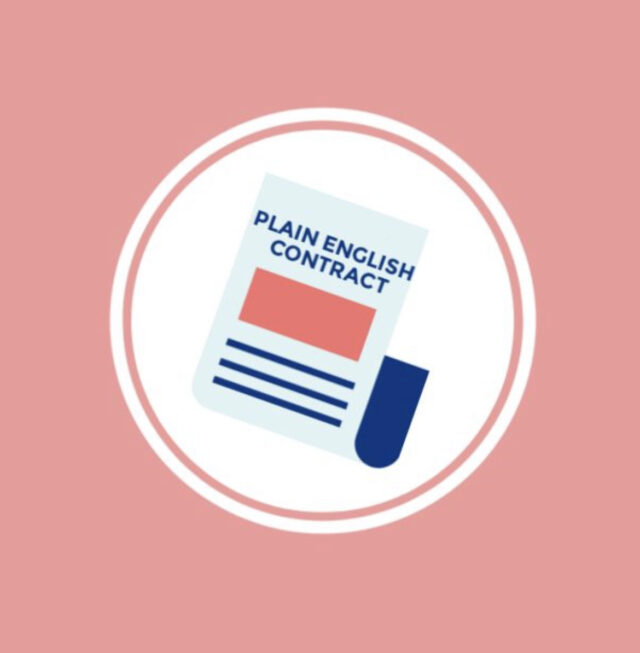Written By Zeaid Mohammad Bin Masfar
Any piece of paper that consists of the conditions and obligations of two or more parties is called a contract. The contract is an immensely popular term that we face more or less every day. It assists us in having security by adding enforceable conditions by law.
The language of a contract has an enormous impact on readers. The easier the contract is, the more the perceiving ability. Plain English contracts are those contracts that have simple and readable language to any reader. Therefore, a plain English contract is not a particular contract, and it is the language tone that people enlist in a contract.
Plain English Contract or Language Contract has the same value as any other lawful contract. However, here are some of the significant benefits that you will perceive through this contract.
Enriched Readability
The prime purpose of a plain English contract is the clear explanation of any written document. From juvenile readers to advanced, all can understand the contract and perceive its motives of that. General contracts written in English are often difficult to read and sometimes require professionals to explain the contract utterly.
The plain English Contract was constructed and lawfully accepted to ease readers or parties.
Record Keeping
Any verbal act is not as viable as a written document. The parties sign the plain English or language contract after reading the texts. Once the document is signed, it works as the form of record keeping, responsibilities, conditions and obligations.
Whoever disagrees to follow the recorded terms, other party or parties can take lawful action against him. Therefore, it helps the parties to have minimum perils. It also records the value or minimum payment of breaking the contract with other conditions.
Discipline
If the contract is on business, it secures you by adding the financial terms. Such as,
All of the questions will be answered straightly in an English contract. It will maintain discipline in business and the parties. In addition, it will ensure that the relationship between payee and payer remains constant and that none of the parties faces or phases any unfair means on another.
These financial terms can be on any other contract as well. Such as land rent, employment, partnerships and many others.
Types Of Contracts
There are plenty of contract types according to law. Whoever and whatever is promised becomes a contract. Here are the major and trendy contracts that we shall need at any stage of business.
Fixed Price Contract
We may hear this as a lump sum contract. Here the amount is entirely fixed. The payee will perceive the amount according to the contract regardless of the actual cost.
Cost Reimbursement Contract
The prime focal point of this contract is the actual cost. The period is determined earlier, but the cost is calculated at the end of the project.
Cost Plus Contract
The cost-plus contract is the complete solution of a construction project. The payer pays all the expenses, and this contract is also considered a Cost Reimbursement contract.
Time and Materials Contract
According to this contract, the payer pays the payee for all the elements related to time and materials.
Unit Price Contract
By the name, we can understand the base of this contract. The payer pays for every unit that is made regardless of the entire project.
Simple Contract
Any valid agreement paper with the consent of both parties is a simple contract. It can be verbal or written. Other than business terms, any other condition can hold this contract.




